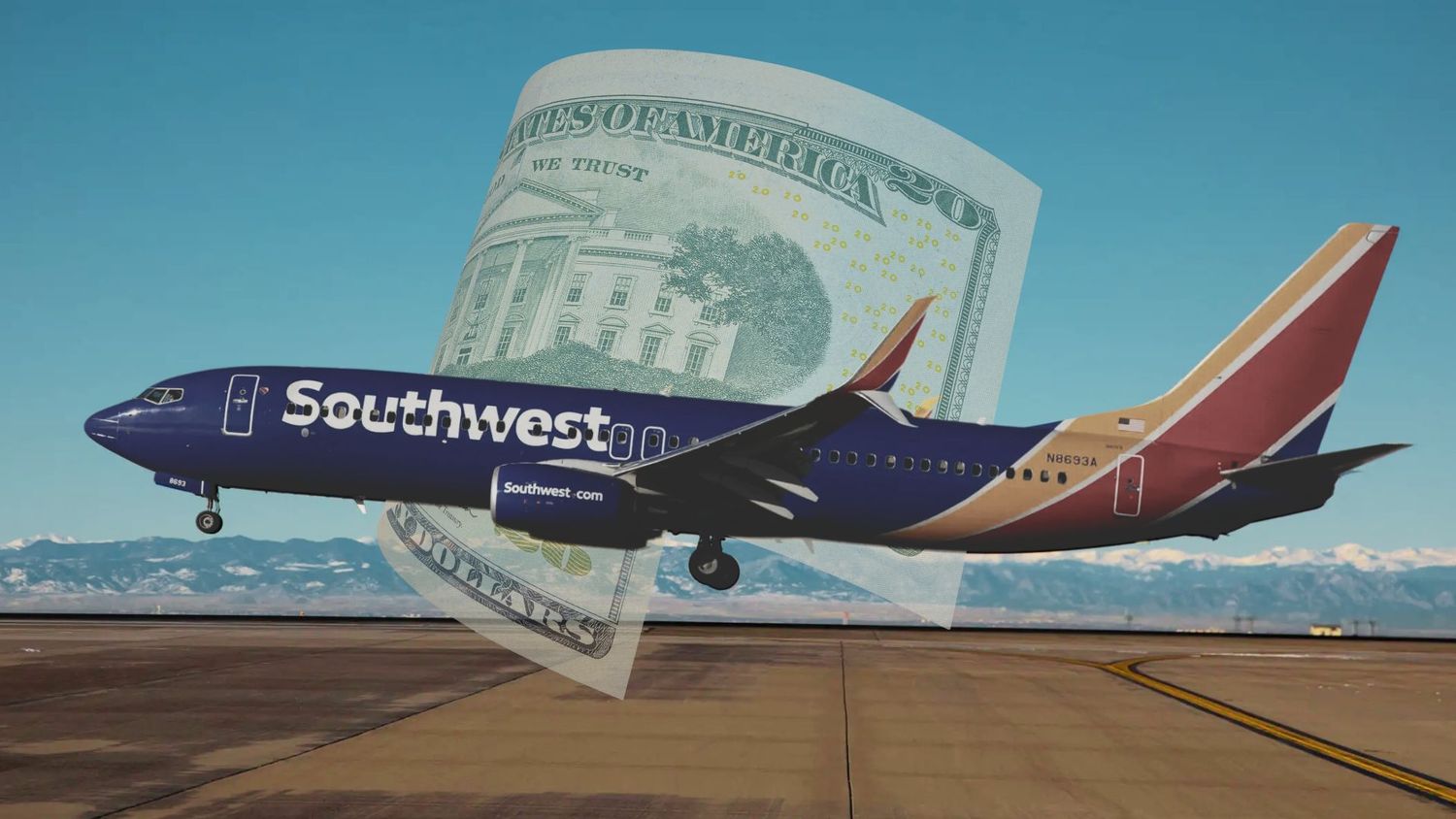Southwest Airlines faced a hefty $140 million penalty imposed by the U.S. Department of Transportation (DOT) for numerous consumer protection law violations during the 2022 Christmas holiday season. This unprecedented fine comes as a consequence of operational failures that led to the cancellation of 16,900 flights, stranding over two million passengers.
The chaos unfolded during the Christmas holidays and extended into the New Year, as Southwest grappled with operational challenges, exacerbated by Winter Storm Elliot. The turmoil not only disrupted travel plans but, according to the DOT, also revealed significant shortcomings in Southwest’s customer service and operational resilience.
DOT’s Comprehensive Investigation
The DOT said that the investigation into Southwest’s operations was extensive and rigorous. It included reviewing tens of thousands of pages of documents, conducting several in-person audits at Southwest’s headquarters, and consulting with various third parties. The investigation brought to light several critical issues:
- Inadequate Customer Service: Travelers faced immense difficulties in reaching customer service, with many encountering busy signals, long queues, or dropped calls. The investigation found that Southwest’s call center was overwhelmed, unable to handle the volume of distressed customers.
- Failure in Flight Status Notifications: Many passengers were not notified of flight cancellations or delays, or received incorrect information. This lack of communication led to further confusion and inconvenience for travelers.
- Delays in Refunds: The audit revealed that thousands of customers did not receive prompt refunds. This included errors in the airline’s refund request system and delays in refunding optional service fees.
Southwest’s Financial Burden
The $140 million penalty is part of a larger financial burden for Southwest, totaling over $750 million when including refunds and reimbursements. This figure is, according to the DOT, a stark reminder of the scale of the disruption and its financial implications for the airline.
See also: Southwest to invest more than one billion to prevent future network outages
DOT’s Enforcement Action and Southwest’s Response
The DOT’s enforcement action has significant implications for Southwest:
- Establishment of a $90 Million Compensation System: Southwest is required to reserve $90 million in vouchers for future customers affected by significant delays and cancellations.
- Penalties and Offsets: Of the $140 million fine, Southwest must pay $35 million to the U.S. Treasury. The remainder includes credits for the compensation system and Rapid Reward points issued to affected passengers.
- Refunds and Reimbursements: Southwest has already provided over $600 million in refunds and reimbursements, acknowledging the inconvenience caused to passengers.
Southwest’s Commitment to Future Improvements
After learning of the DoT fine, Soutwhest Airlines detailed its plan to improve the customer experience includes several initiatives:
- Digital Enhancements: Implementation of digital bag tracking, flight credits without expiration, and expanded rebooking options.
- New Compensation Policy: Introduction of a policy offering additional compensation for controllable cancellations and delays, setting a new standard in the industry.
- Operational Investments: Significant investments aimed at improving operational resilience and preparedness for winter operations.
«We have spent the past year acutely focused on efforts to enhance the Customer Experience with significant investments and initiatives that accelerate operational resiliency, enhance cross-team collaboration and bolster overall preparedness for winter operations,» Bob Jordan, Southwest Airlines President & Chief Executive Officer said. «Our commitment to Customers has been central to our success across our 52-year history and has helped us become one of the world’s most admired and trusted airlines.»
The DOT’s action against Southwest Airlines is a landmark decision, which seeks to underscore the importance of airline liability and consumer protection, although in similar situations the involvement of other related actors (air navigation services, airport operators or governmental entities) should also be investigated to eventually share the financial burdens.


Comentarios
Para comentar, debés estar registrado
Por favor, iniciá sesión